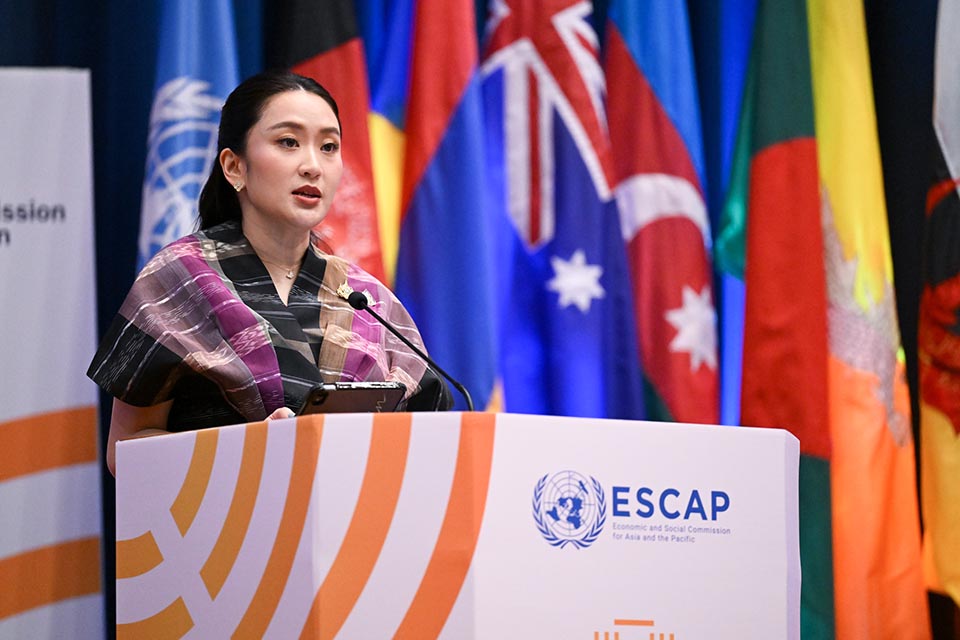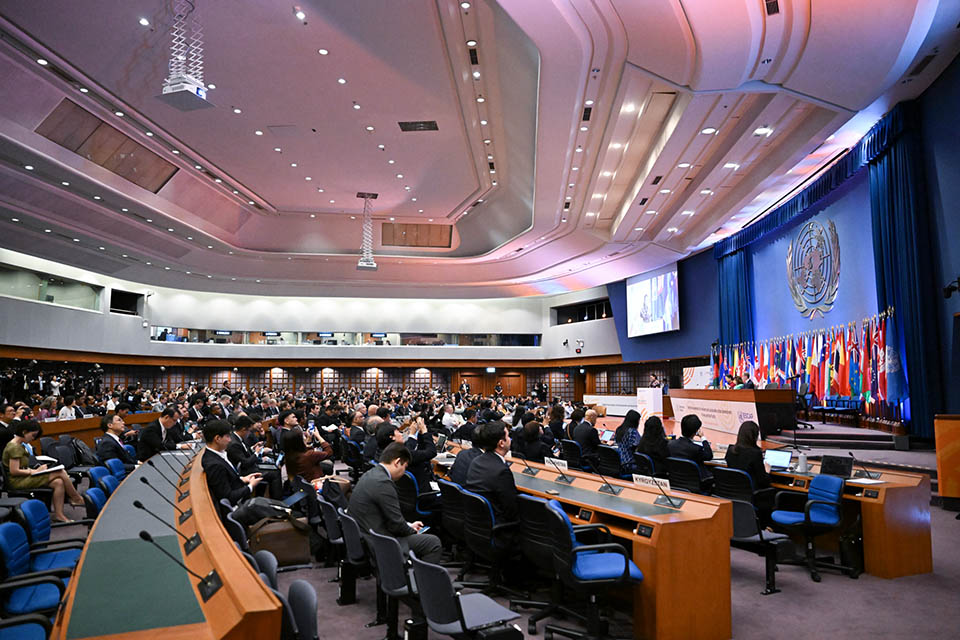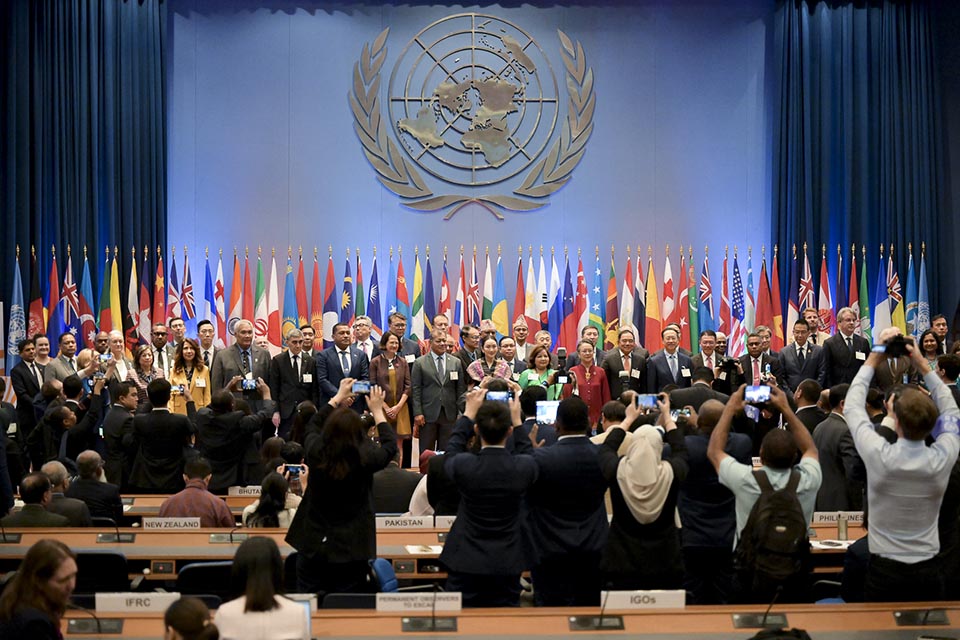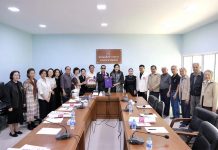
BANGKOK, Thailand – Prime Minister Paetongtarn Shinawatra delivered a statement at the opening of the 81st session of the United Nations Economic and Social Commission for Asia and the Pacific (ESCAP) on Monday (Apr 21) at the UN Conference Center in Bangkok. In her remarks, she reaffirmed Thailand’s role in advancing regional and global cooperation on sustainable development and presented strategies to address shared challenges.
Paetongtarn welcomed delegates and expressed solidarity with countries affected by recent natural disasters, including Myanmar. Addressing the growing impact of climate change, geopolitical instability, and environmental degradation, the Thai Prime Minister called for collaboration grounded in international law and collective responsibility to support inclusive and long-term progress.
Paetongtarn outlined three national strategies contributing to regional goals. These include Thailand’s ambition to become a global food hub through agricultural innovation, the development of a creative economy supported by cultural industries and tourism, and a green transition driven by the Bio-Circular-Green (BCG) economic model. Thailand has set targets for carbon neutrality by 2050 and net-zero emissions by 2065.
The Thai Premier also expressed concern about the lack of progress on the Sustainable Development Goals in the Asia-Pacific region, citing data showing that over 84 percent of targets remain off track or are moving backwards. She urged countries to adopt flexible and innovative approaches, sharing Thailand’s own development model, the Sufficiency Economy Philosophy, which prioritizes balance between people and the environment at its core.
In closing, Paetongtarn called for stronger regional cooperation, increased collaboration among governments, businesses, and civil society, as well as a more effective use of ESCAP as a platform for knowledge exchange. She pointed to Thailand’s 20-baht flat-fare electric train policy as an example of inclusive urban planning, expressing support for continued partnerships that help build a more resilient and sustainable region. (NNT)












